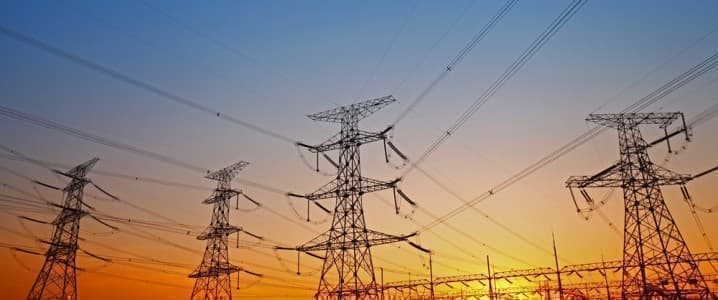Africa Calls for Funding and Unity at Landmark Climate Summit
The Africa Climate Summit 2 (ACS2) was hosted in September by the Government of Ethiopia and the African Union to advance Africa’s climate agenda and sustainable development priorities, ahead of the United Nations’ November global climate summit COP30. ACS2 brought together 25,000 African leaders, policymakers, youth, civil society, development partners, and the private sector to discuss the potential for a unified African stance on the global climate agenda.
The conference aims to support a green, prosperous, and climate-resilient future through climate finance, nature-based solutions, renewable energy, sustainable food systems, green cities, e-mobility, and indigenous knowledge, according to organisers. It draws attention to the climate issue in Africa and seeks to understand priorities across the continent to present at COP, as well as attract international funding to help meet regional targets. The first ACS was held in Nairobi in Kenya, in 2023 and spurred over $20 billion in investment, with governments across 54 African states uniting through the signing of the “Nairobi Declaration”, which established a common position on the region’s climate issues.
Africa is rapidly emerging as a key region for low-carbon investment as its green economy begins to grow, largely driven by solar power. Across the continent, 20 countries have broken records for the import of solar panels in the previous year, up to June, with imports of photovoltaic panels from China increasing by 60 percent, from 9 MW of capacity in 2024 to 15 MW.
However, despite this rise in solar imports, Africa is not meeting its full potential in terms of solar power capacity, as solar installations lag behind other regions of the world. Around 4 percent of global solar generation came from Africa in 2024, even though the continent’s solar potential is extremely high, mainly due to funding challenges.
Richard Muyungi, the climate envoy and adviser to the president of Tanzania, stated at the conference, “Africa is ready to be part of [the global climate fight] provided we are supported with finance, technology and capacity-building. Muyungi added, “There has been an increase of investments in some areas, but Africa still needs a lot of financing to be able to be part of the global solution, and to address the challenges we are facing.”
According to energy think tank Ember, last year’s solar panel imports will add around 5 percent to the current electricity generation capacity of 16 African countries. Meanwhile, around 600 million people in Africa do not have access to electricity, and roughly one billion people use firewood or dirty fuels for cooking.
Many view renewable energy as vital for providing energy security in Africa. In addition, as more African countries industrialise, developing the region’s renewable energy sector is vital to deterring more widespread investments in polluting fossil fuel operations, which will also support the global goal of a green transition. In addition, greater connectivity with other regions of the world could enhance clean power sharing, particularly between North Africa and Europe.
Political leaders at the conference highlighted the need for long-term and reliable funding rather than short-term grants in supporting the region’s renewable energy development. While several countries have shown political support for industry expansion, there is insufficient public and private funding to achieve most green energy goals, particularly following cuts in overseas aid from several governments over the last year.
The effects of climate change are already being seen across Africa. One report published at the summit demonstrated that although Africa required at least $70 billion a year to adapt to the effects of the climate crisis, just $15 billion was spent on adaptation activities across the continent in 2023. Meanwhile, Africa is responsible for only 4 percent of global greenhouse gas emissions.
In addition to investing in Africa to help the region tackle climate change, there are various potential global benefits of developing Africa’s renewable energy and related industries. The continent is home to some of the biggest critical mineral reserves, which are needed to develop the world’s renewable energy and tech industries. It also has vast amounts of natural gas, which continues to be viewed by many as a transition fuel, and vast solar power potential. Africa holds around 60 percent of the world’s best solar resources.
At the conference, several states responded to United States President Donald Trump’s Climate Agenda – or lack thereof. Some called on the U.S. to reinstate climate finance. Meanwhile, the European Union’s executive vice-president, Teresa Ribera, reminded delegates that the EU is still the biggest investor in Africa, telling them that Europe will continue to “stand by you”.
Through ACS2, African leaders and other representatives are showing the world that Africa is key to the future of the world’s energy and a global green transition. The conference helped align regional priorities and targets ahead of COP30, which will be held in Brazil in November and will provide African climate leaders a platform to communicate the needs and expectations of the region on a global platform.








